The different types and functions of fasteners that we will show in this post. it will help you select the right fasteners for your projects. also, you can DIY in your own working room.
The term fasteners transcend nuts and bolts. It encircles a wide range of tools, like rivets, screws, nails, nuts, and bolts inclusive, used to join objects together and a myriad of other technical things.
Summarily, The different types and functions of fasteners are creating permanent and non-permanent joints mechanically. The role fasteners play in our everyday life cannot be overemphasized, especially in Do-It-Yourself projects. In this article, we are delving into the common types of fasteners, their uses, and best selection practices.
Different Types of Fasteners
Fasteners can be broadly categorized into permanent and non-permanent fasteners. Primly designing permanent pins permanently joins two or more materials together, so much so that in a bid to remove it, it may destroy the material; examples are nails and rivets.
On the other hand, we design the non-permanent fasteners to hold materials together temporarily. They can be removed and reused in one piece, usually for maintenance purposes; examples are screws, hydraulic studs, nuts, and bolts.
The types of Rivets
Rivets are permanent fasteners that create a permanent joint between materials. They have a cylindrical shaft with a head at both ends. They are usually lightweight and durable relative to other types of fasteners. Example of rivets is drive rivets, split rivets, solid rivets, semi-tubular rivets, and blind rivets.
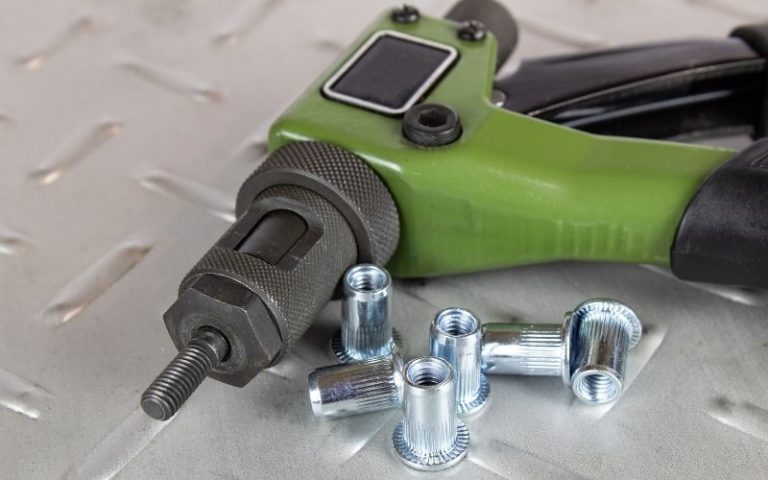

The types of Nuts and Bolts
Nuts and bolts are common types of fasteners. They are using in conjunction with each other (usually of the same size) and hold components together. They typically function on their own but sometimes need a washer between them for firmer grip.
Examples of bolts are hex-head bolts, carriage bolts, plow bolts, flange bolts, Allen bolts, and square-head bolts, while examples of standard nuts include hex nuts, coupling nuts, lock nuts, flange nuts, wheel nuts, square nuts, and slotted nuts.
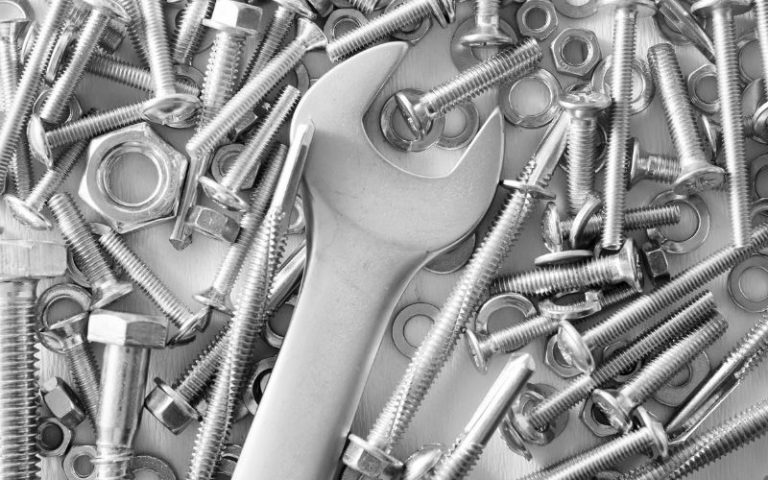

The types of Screws
Screws are very similar to bolts, structured with a thread on the tip that runs the body. The key difference between a screw and a bolt is that screws require an internal thread to help maintain grip, while bolts easily hold unthreaded material together with the aid of a nut.
A screwdriver is usually used to drive the screw in place. They come in a myriad of different shapes and sizes. A few of them include machine screw, countersunk screw, deck screw, self-drilling screw, wood screw, sheet metal screw, and hex lag screw.
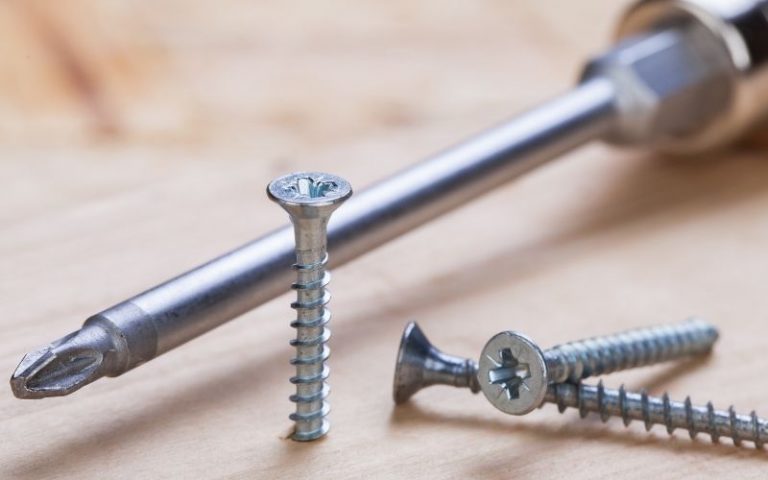

The types and functions of Washers
Washers are small, round, and metal disks in shape with an opening at the middle and are commonly used between screws, nuts, or bolts, primarily to increase friction while either protecting the material or preventing leakages. Examples of washers include spring washers, flat washers, repair washers, and cup washers.
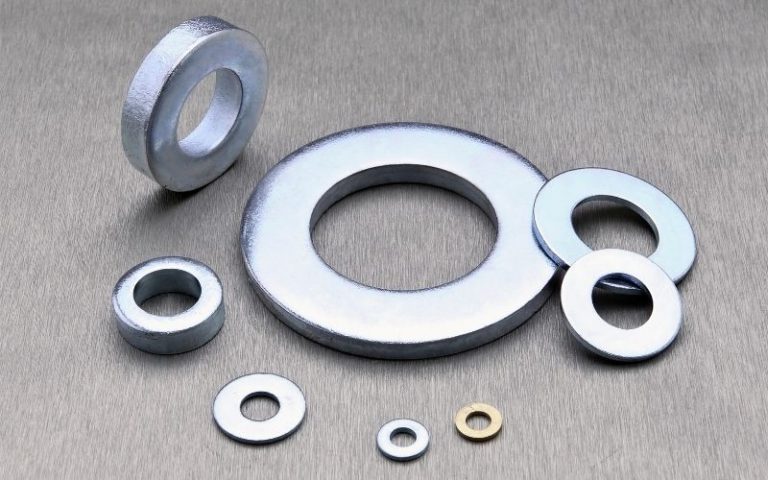

The types and functions of Anchors
Anchors are unique in their way. They are using insecure materials like vinyl ester, polyester resin, etc., and are also used to grip metals to concrete. Standard anchors include plastic anchors, screw anchors, drive anchors, drop-in anchors, bonded anchors, etc.
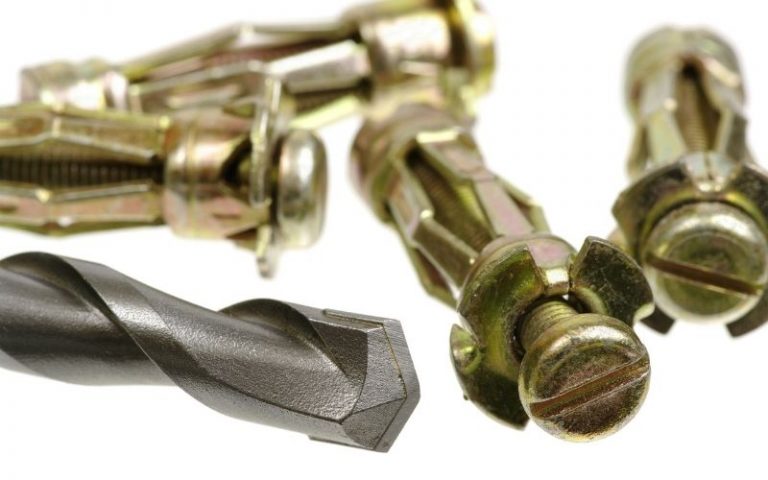

The types and functions of Nails
Nails are one of the oldest types of fasteners and are in almost every household. They are a permanent type of fastener using to hold materials together and are visibly different from screws, as they are not threaded. Some common types of nails include box nails, finishing nails, roofing nails, flooring nails, framing nails, and brad nails.
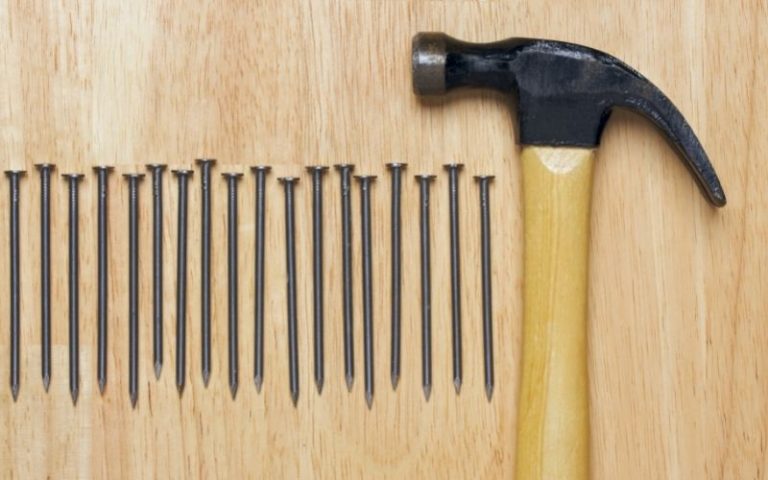

Different Uses of Fasteners
The different types and functions of fasteners are using for a myriad of different things, from household tasks to heavy industrial tasks. A few examples of what fasteners are using for include building, construction, assembling furniture and cabinets, electronic assembling; the list is endless. So, look around your space, you would unarguably see fasteners holding several materials together.
Best Practice for Picking the Right Fasteners
Selecting fasteners can be a bit challenging, especially for the proper application, which is pivotal to the success of your project, so also critical to safety. It is best practice to know the lifecycle cost of the fastener before selection, color-matching needs, application, and warranties of the fastener you’re choosing. These keys points are pivotal to the overall quality and safety of your project.
One household name that should come to mind when selecting a wholesale supplier of fasteners is Ding Fastener. With us, you get a perfect blend of advanced production methods and top-quality raw materials. You can consider Ding faster your one-stop shop for premium quality industry/factory-grade fasteners.